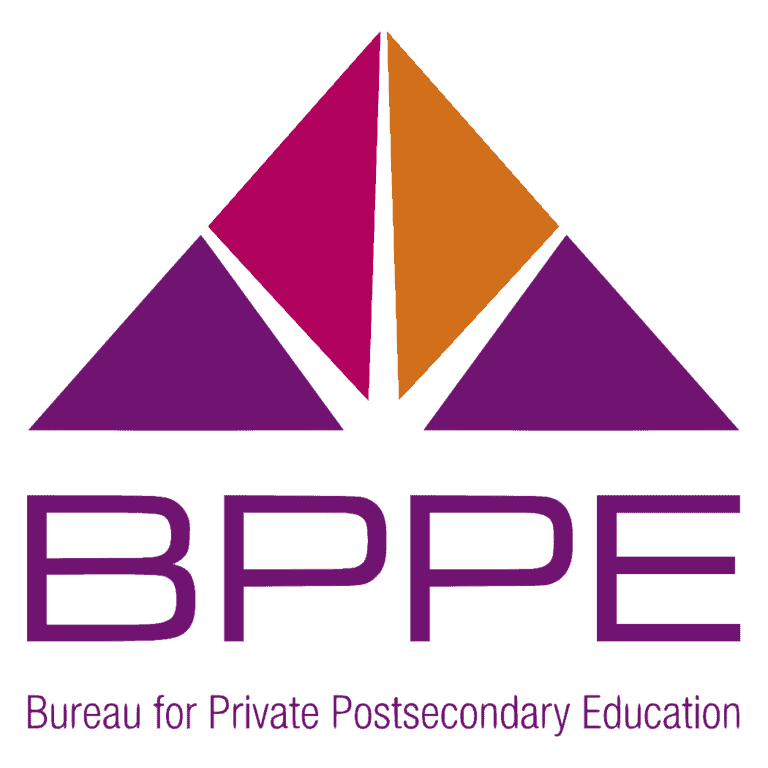In this article, we’ll explore how a Master of Science in Communication and Technology (MSCT) program equips professionals with the essential skills to overcome today’s workplace flexibility challenges. You’ll discover how this specialized degree prepares you for success in an increasingly hybrid work environment where remote collaboration and digital communication are paramount. By the end, you’ll understand why pursuing an MSCT might be the perfect next step in your professional journey toward thriving in our evolving workplace landscape.
Understanding Today’s Workplace Flexibility Landscape
The modern workplace has undergone a dramatic transformation, with flexibility becoming not just a perk but an essential component of how organizations operate. According to recent research, “five in 10 full-time U.S. employees have remote-capable jobs,”[1] showing the significant shift toward flexible work arrangements. This evolution has created both opportunities and challenges as companies and employees navigate the complexities of hybrid environments, distance collaboration, and technological integration.
As workplace flexibility continues to reshape our professional environments, the need for specialized education in this area becomes increasingly evident. Let’s explore how a Master of Science in Communication and Technology (MSCT) program directly addresses these emerging challenges.
How Workplace Flexibility Challenges Impact Organizations
Workplace flexibility challenges are creating fundamental shifts in how organizations operate and how leadership must respond. Research shows that “hybrid workers are more likely to feel disconnected from on-site colleagues and say that their collaboration efforts are ineffective,”[2] pointing to the critical need for solutions that bridge physical and virtual work environments.
-
- Technology and Connectivity Issues: With “complaints about technology and connectivity going up,”[2] organizations need professionals who can identify and implement solutions that ensure seamless remote operations regardless of location.
- Employee Engagement Concerns: Data indicates that “remote-capable, on-site employees have experienced the largest drop in engagement since 2020,”[1] requiring sophisticated communication strategies to maintain connection and motivation.
- Talent Retention Challenges: With “six in 10 exclusively remote employees saying they are extremely likely to search for employment elsewhere if they are not allowed remote flexibility,”[1] organizations must develop policies that balance business needs with workforce preferences.
- Collaboration Effectiveness: Creating environments where teams can collaborate effectively despite geographic distribution requires specific expertise in communication technology implementation and management.
- Policy Development Complexities: Research shows that “work teams that set their hybrid policy together are the most likely to say that the policy is fair,”[1] pointing to the importance of inclusive policy creation processes.
Addressing these challenges requires professionals with specialized knowledge in both human communication dynamics and technology implementation. The skills gained through a communication technology degree are precisely what organizations need to navigate this complex terrain successfully.
Essential Skills for Navigating Workplace Flexibility
Successfully addressing workplace flexibility challenges requires a unique combination of technical and interpersonal capabilities. Research indicates that “the boost in engagement from meaningful feedback is four times greater than the boost from having the right number of days in the office,”[1] showing how critical communication skills are in today’s flexible work environments.
-
- Distance Collaboration Mastery: The ability to facilitate productive teamwork across physical boundaries is essential, as “hybrid workers spend an average of 3 days in office and 2.6 days working at home.”[2]
- Technology Integration Expertise: Professionals must understand how to select, implement, and optimize communication technologies that support flexible work arrangements while minimizing the issues that cause frustration.
- Cross-Cultural Communication: With teams increasingly distributed globally, the capacity to navigate cultural differences and communication styles is invaluable for maintaining cohesion and productivity.
- Organizational Change Management: The skill to guide organizations through transitions to more flexible models is crucial as “preference for ‘completely or mostly in-person’ has dropped from 44% last year to 37% this year.”[2]
- Data-Informed Decision Making: The ability to collect, analyze, and apply data about communication effectiveness helps organizations create evidence-based flexibility policies.
These core competencies form the foundation of success in implementing workplace flexibility solutions. A comprehensive MSCT program specifically develops these skills through focused coursework and practical application, preparing professionals to lead in this evolving landscape.
How an MSCT Program Prepares You for Workplace Flexibility Challenges
The Master of Science in Communication and Technology (MSCT) program at San Diego Global Knowledge University is specifically designed to address today’s workplace flexibility demands. This cutting-edge program focuses on “the growing phenomena of distance activity and networked collaboration within organizations in education, business, government and civil society, with emphasis on the human competencies required to perform more effectively at a distance with optimal use of available technologies.”[3] Through communication technology courses that blend theory with practical application, SDGKU prepares students to lead organizations through the complexities of hybrid work environments.
The program’s 18-Month* duration makes it accessible for working professionals looking to enhance their skills without putting their careers on hold. SDGKU understands that flexibility extends to education itself, noting that “Our program is designed to fit the needs of busy, adult learners, so you can choose between our 100% online or hybrid learning option. Many of our students are raising families and some continue to work while going to school. We will help you choose a schedule that works for you.”[3]
By enrolling in the MSCT program, you’ll gain hands-on experience in the very flexibility skills that organizations urgently need, positioning you for career advancement in various communication technology roles.
Career Opportunities with an MSCT Degree
Graduates with a Master of Science in Communication and Technology are uniquely positioned to address the growing demand for workplace flexibility expertise. With “56% of employed adults working from home at least some of the time,”2 organizations across all sectors are seeking professionals who can navigate these new work environments.
-
- Workplace Flexibility Consultant: Help organizations develop and implement effective hybrid work policies, drawing on the collaborative project management skills developed in SDGKU‘s MSCT program.
- Digital Communication Director: Lead strategic communication initiatives that bridge the gap between remote and in-office employees, applying the networked collaboration expertise gained through communication technology courses.
- Remote Work Technology Manager: Evaluate, select, and implement the optimal technology stack for hybrid workplaces, utilizing the technical knowledge from SDGKU‘s curriculum.
- Global Team Collaboration Specialist: Facilitate effective communication across geographically dispersed teams, leveraging the cross-cultural communication competencies developed in the program.
- Organizational Change Consultant: Guide companies through transitions to more flexible work models, applying the change management frameworks studied in the MSCT program.
The career opportunities for MSCT graduates extend far beyond these examples, spanning industries from technology and healthcare to education and government.
Take the Next Step in Your Communication Technology Career
As workplace flexibility continues to reshape our professional landscape, the skills gained through a Master of Science in Communication and Technology have never been more valuable. SDGKU‘s MSCT program offers you the perfect blend of theoretical knowledge and practical skills to thrive in this evolving environment. We invite you to join our community of forward-thinking professionals who are leading the way in addressing workplace flexibility challenges through innovative communication strategies and technologies. Together, we can help you develop the expertise that organizations desperately need in today’s hybrid work world.
Footnotes
[1] https://www.gallup.com/401384/indicator-hybrid-work.aspx
[2] https://www2.deloitte.com/us/en/insights/industry/telecommunications/connectivity-mobile-trends-survey/2023/hybrid-work-challenges-statistics.html
[3] https://sdgku.edu/programs/ms-communication-technology/*Program length when completed in normal time
Note: The above image is AI-generated.




